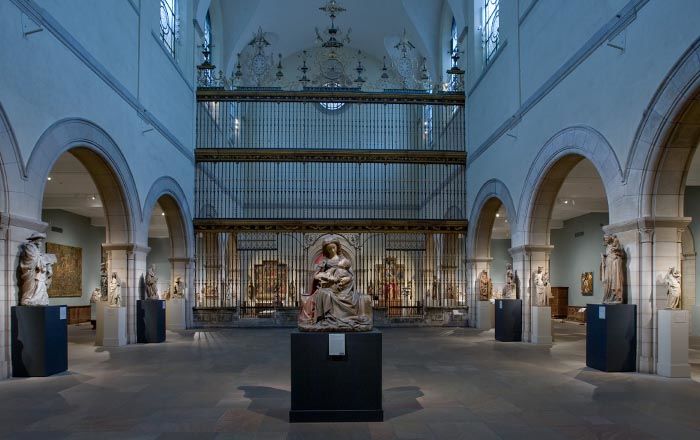Returned to lender The Met accepts temporary loans of art both for short-term exhibitions and for long-term display in its galleries.
The Naples Dioscorides
Not on view
During the seventh century, Byzantine scholars continued to study and advance the scientific and medical knowledge established earlier by Greeks and Romans. Alexandria, in Egypt, remained a major intellectual center. Paul of Aegina, who resided there, would write a medical compendium that was widely used by later Byzantine and Muslim scholars.
The lavishly illustrated manuscript written in Greek is a Byzantine copy of the work of the first-century scholar Dioscorides describing the medical properties of 827 ingredients from the natural world. An important source of scientific learning, the text was used by Byzantine and later Muslim and Western scholars for centuries. The opening seen here illustrates Lesser Burdock and Wild Vine or Wild Grape.
This image cannot be enlarged, viewed at full screen, or downloaded.

